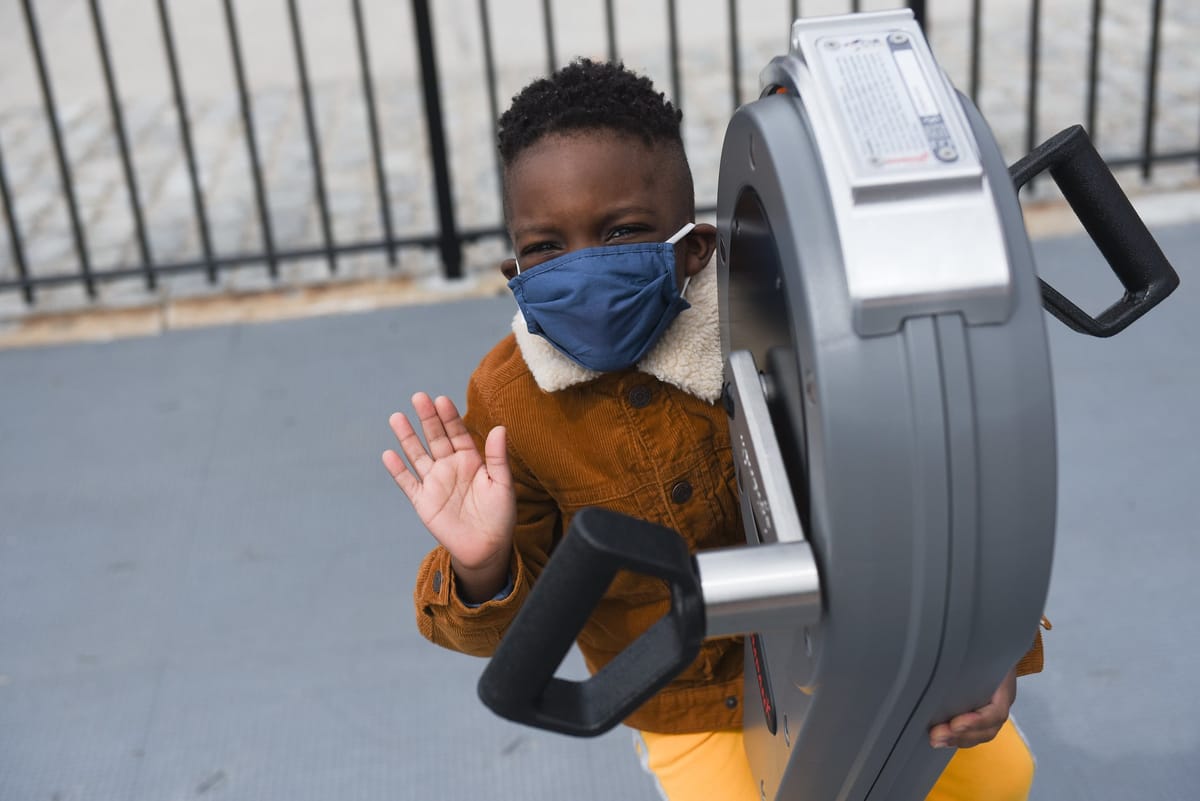City Announces New, Free Summer Education Program for All Students


School and camp are getting rolled into one “holistic” youth experience this summer, in an attempt to improve the student experience after a challenging academic year.
The city’s departments of Education and Youth and Community Development announced today that they will join forces to offer an integrated program of academic support, enrichment opportunities and childcare services for all K-12 students this summer.
The new program, called Summer Rising, will combine the remedial summer classes traditionally offered by the DOE and the free summer camps previously offered by DYCD, and will be driven by a “student-centered, experiential, academically rigorous and culturally responsive” curriculum, according to materials provided by the city.
“Our kids have been through so much, and they need our support as we build a recovery for all of us,” Mayor Bill de Blasio said in a statement. “This is a free program for all New York City students, combining academics and cultural enrichment for the best summer yet.”
The city says the programs will address childrens’ “immediate academic and social emotional needs.” The programs are designed to provide a bridge to the upcoming school year and allow for students to socialize, learn and access recreation opportunities.
The exact timing of the program will vary by age group. Programming for kindergarten and elementary school students will run five days per week from July 6 to August 20. Middle school students will participate in programming four days per week from July 6 to August 12. And high school students will be offered instruction from July 6 to August 13, with exact schedules varying based on need.
Students with 12-month Individualized Education Programs (IEPs), meanwhile, will participate in five-day-a-week programming from July 2 to August 13.
The city did not offer an estimated number of students it expects to participate, but it said that about half of all DOE school buildings citywide would be used. Pandemic-related safety precautions like masking and social distancing will remain in effect, and a remote learning option will be available for children mandated for summer learning or who have an IEP.
For students participating in mandated summer learning, program assignments will be based on a “holistic review” of student work in English and math courses, though state test scores will not be considered.
High school students will also have the opportunity to participate in the Summer Youth Employment Program and the Public Schools Athletic League.
Online applications for the K-8 programs will open on April 26th, while schools will begin outreach to families of high school students in the coming weeks.
The program is an attempt to improve upon last year’s summer school offerings, which suffered from logistical problems and public confusion. City leaders hope the new program will prove successful at getting students back on track as vaccination rates increase and the city begins to reopen, and could potentially serve as a model for future years.
“This summer is pivotal for our school communities, and we have created a summer experience unlike anything we have ever done before to bring our students back stronger than ever,” schools chancellor Meisha Porter said.
Education advocates reacted with cautious optimism to the plan, but noted that many crucial details—ranging from transportation services to outreach and specialized support for some of the city’s most vulnerable students—remain unclear.
“It will be important for the DOE to engage in intensive outreach to reengage students and families who have been disconnected from school,” Kim Sweet, executive director of of the organization Advocates for Children of New York.
“The City must also take intentional steps to make registration as simple as possible and ensure that all students, including those who have disabilities, are learning English as a new language, or are experiencing homelessness, have the support they need to participate.”




